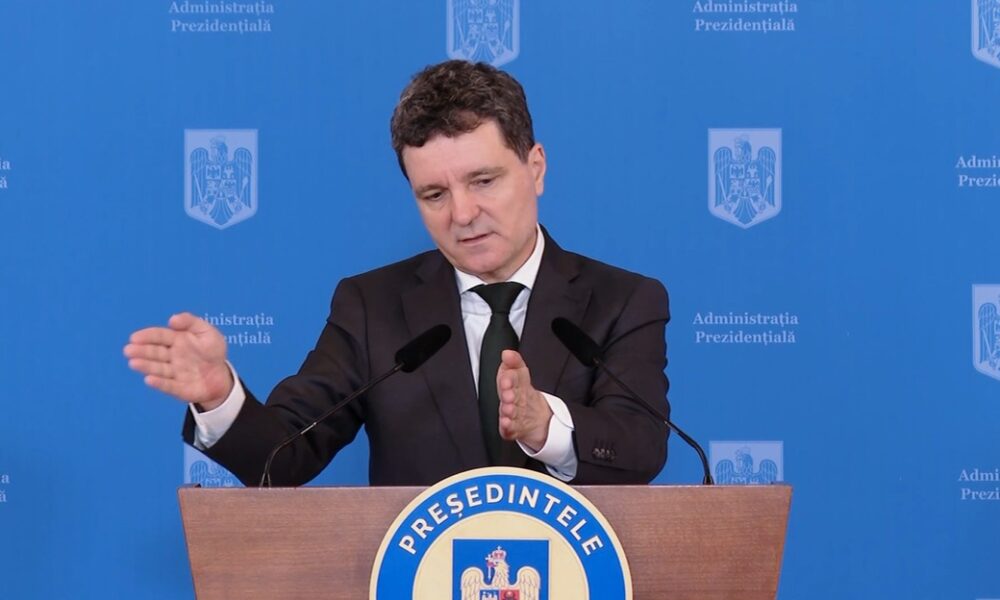Bulgaria will become the 21st EU State to adopt the Euro in 2026 – Liberation

During the crises, the European project continues. Bulgaria should become the 21st State to adopt the euro as a currency, three years after The entrance to Croatia. This country of 6.4 million inhabitants, the poorest of the block,, meet all technical criteriaannounced the European Commission this Wednesday, June 4. The European Central Bank (ECB) also made a positive opinion on the same day. The formal decision must be made on July 8 by the EU finance ministers, but no opposition is expected.
In its report, the European Commission concluded that Bulgaria filled « The conditions to adopt the single currency ». These economic criteria include price stability, healthy public finances, stability in the national currency (Lev) and interest rates that do not diverge too much from other EU countries.
« Bulgaria congratulations ! « launched the president of the commission, Ursula von der Leyen. « Thanks to the Euro, the Bulgarian economy will become stronger, with more exchanges with the partners of the euro zone, more foreign direct investments, improved access to financing, more quality jobs and better income »she said in a statement.
“A new step forward on the Euro route for Bulgaria. The positive assessments of the European Central Bank and the Commission confirm our progress (…) after years of reform, commitment and alignment with our European partners ”, reacted the Prime Minister, Rossen Jeliazkov.
However, in this member country of the European Union since 2007, the prospect of joining the single currency is far from unanimous. Thousands of people gathered this Saturday, May 31 in Sofia to say their opposition. The project feeds the fear of a pricing and nourishes the anger of the Europhobes. According to recent surveys, almost half of those questioned refuses the entry of the country into the euro zone next year.
The European single currency was created on January 1, 1999 for electronic transactions. But it took a concrete form in 2002, with the circulation of parts and tickets, to replace the national currencies of twelve EU member states including Germany, France, Italy and Spain.
They were later joined by eight other countries: Slovenia (2007), Cyprus and Malta (2008), Slovakia (2009), Estonia (2011), Latvia (2014), Lithuania (2015) and Croatia (2023). The euro zone already brings together 350 million inhabitants, pending Bulgaria. The single currency is a symbol of European unity and sovereignty. All EU countries have committed theory to join it as soon as they meet the conditions, but no calendar is set. The only exception: Denmark which negotiated an exemption after a referendum that rejected the euro in 2000.







